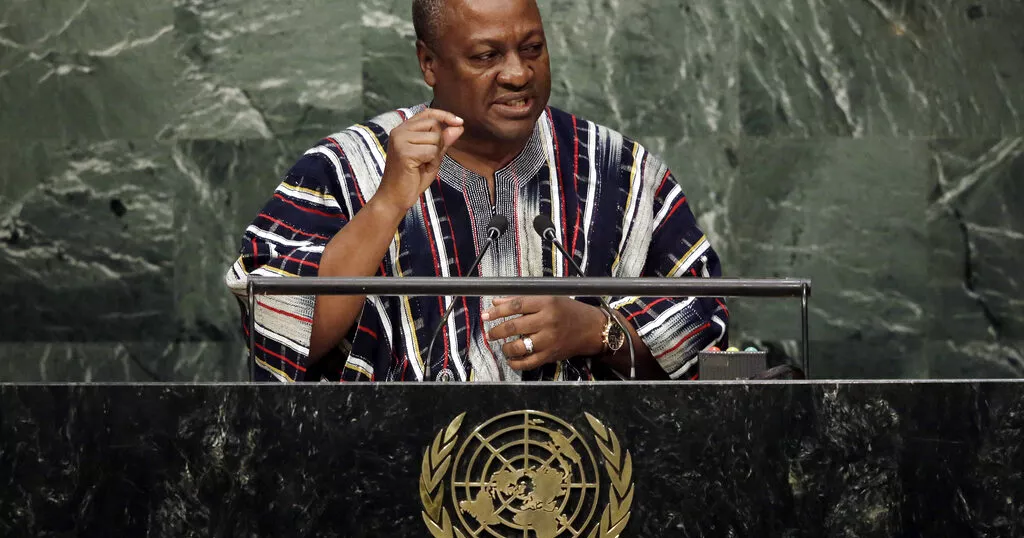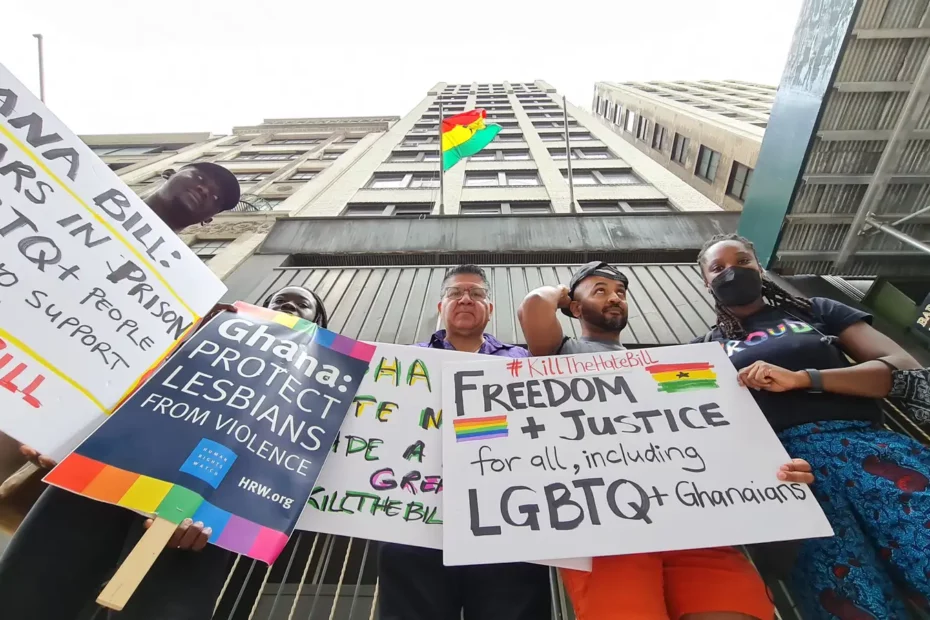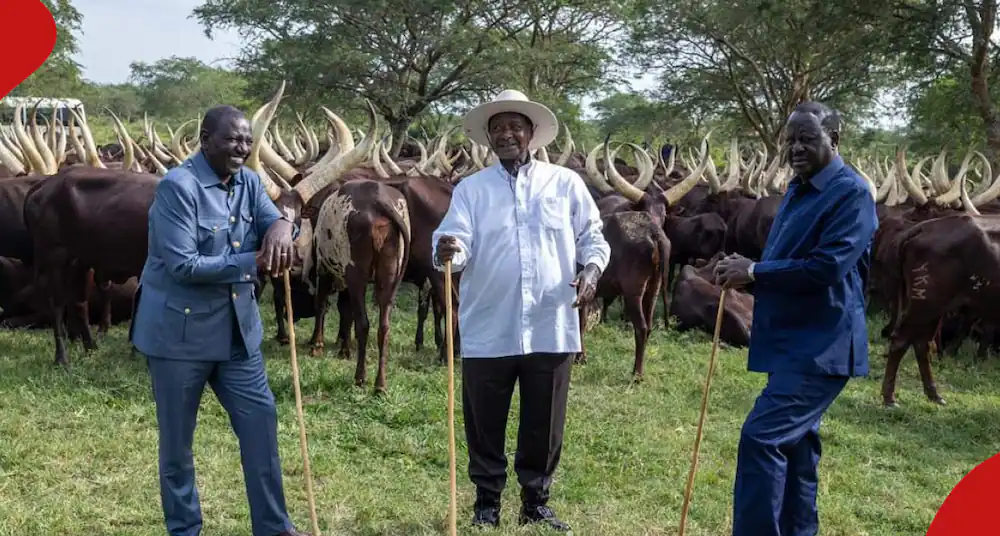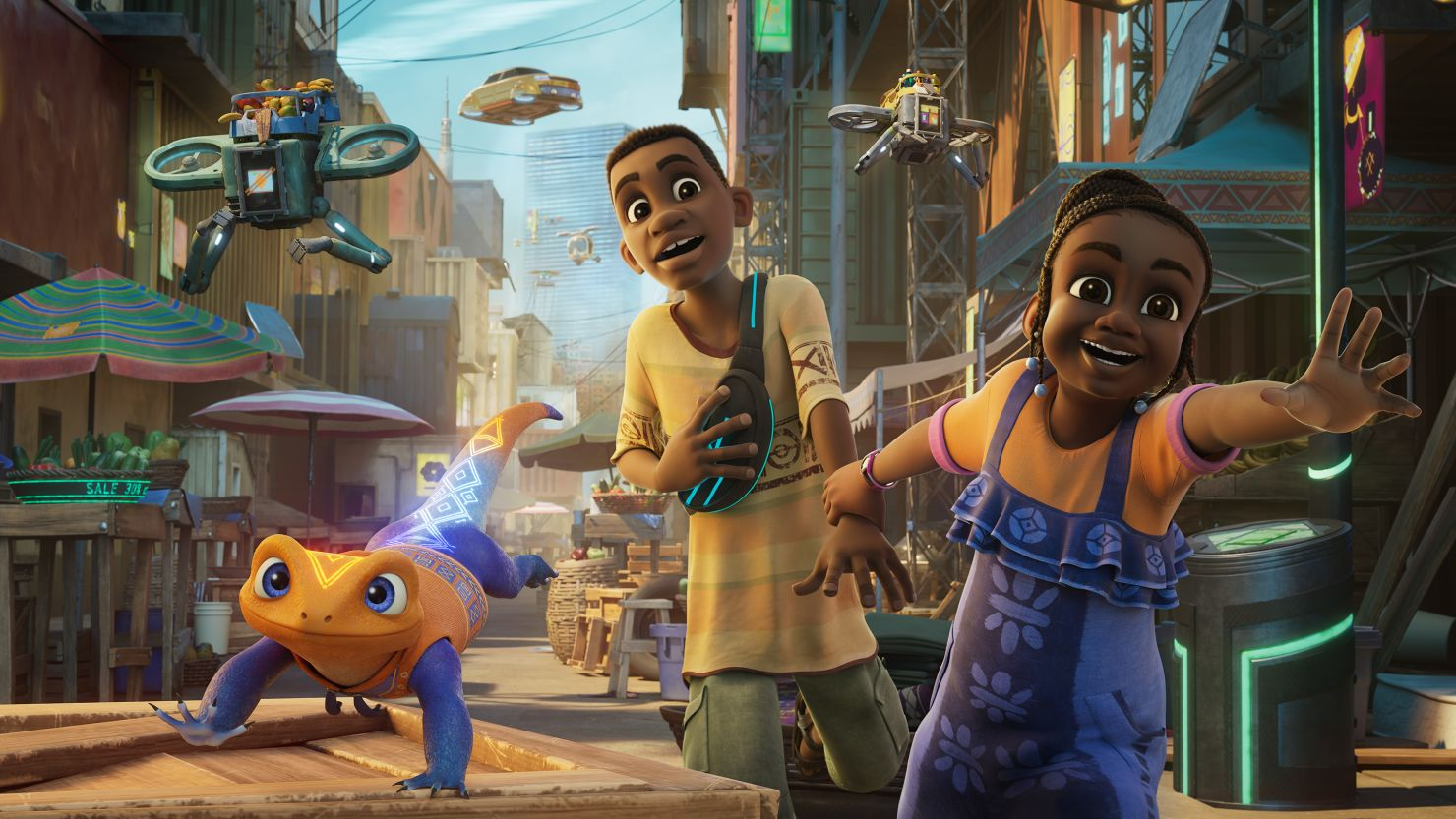Ghana’s opposition leader opposes LGBTQ rights. The former president and prominent opposition figure, John Dramani Mahama, has voiced his opposition to LGBTQ practices during his Presidential campaigns. The former President cited a conflict with his Christian beliefs.
He emphasized his faith’s stance against same-sex marriages, expressing disbelief in the concept of gender identity change. Mahama shared these views with Ghanaian religious leaders, stating his firm stance against such practices.
The discussion unfolds against the backdrop of a contentious anti-LGBTQ bill under consideration in Ghana’s parliament. The bill proposes stringent penalties for LGBTQ community members if enacted.
- Gay sex is currently illegal in Ghana and is punishable by a three-year prison sentence.
- John Mahama, who served as Ghana’s president from 2012 to 2017, lost his reelection bid to current President Nana Akufo-Addo in the 2016 elections.
Anti-LGBTQ Bill in Ghana

The legislation prohibits Ghanaians from identifying as LGBTQ, raising the maximum sentence for same-sex activities from three to five years. It also outlaws the advocacy of LGBTQ rights.
Homosexual acts are already illegal, carrying a three-year prison term. Former President John Dramani Mahama, who served from 2012 to 2017, lost his 2016 reelection bid to President Nana Akufo-Addo. Now, at 65, Mahama seeks re-election in the upcoming December presidential elections under the National Democratic Congress, the main opposition party.
Many believe Ghanas Opposition Leader opposes LGBTQ rights to gain Christian votes being the majority in the country.
The proposed parliamentary bill seeks to intensify criminal penalties for same-sex activities. The first step includes elevating the maximum sentence from three to five years.
The legislation extends criminalization to individuals identifying as LGBT, queer, pansexual, allies, or any non-conventional gender identity. Furthermore, it aims to penalize those offering support, funding, or public advocacy for the rights of sexual and gender minorities.
As Ghana’s Opposition Leader opposes LGBTQ rights, the United Nations expressed concern that the law would establish “a system of state-sponsored discrimination and violence” against sexual minorities.
Critics argue that the bill promotes conversion therapy. This allows for reduced sentencing if individuals found guilty opt for treatment. United Nations experts have cautioned that this provision could potentially lead to instances of torture.



